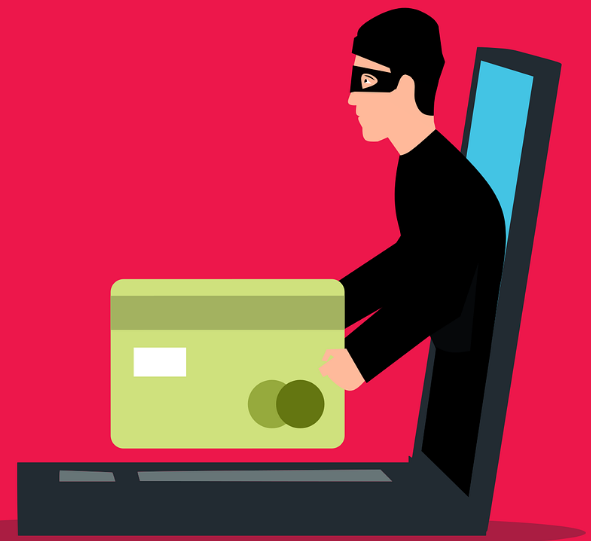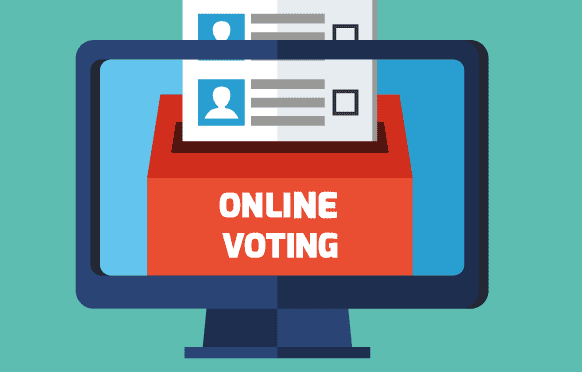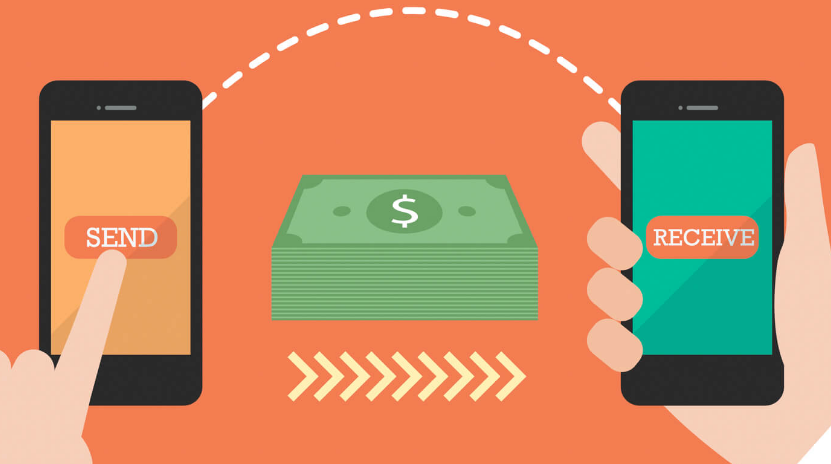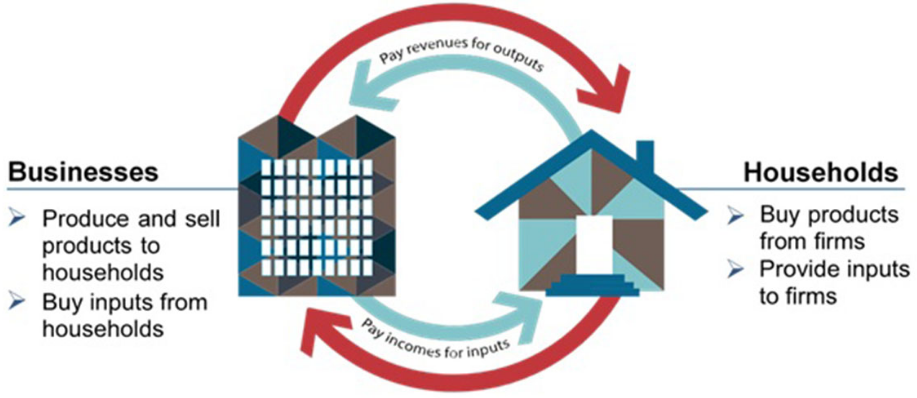What can you use cryptocurrency for and what can you do with it once you have it?
These are some of the questions you need to ask yourself before investing into cryptocurrencies.
In this article, we’ll show you 7 uses for cryptocurrencies including some you did not know about.
Before that let’s look at the basics of what cryptocurrencies are and why they are important.
What is cryptocurrency?
A cryptocurrency is a peer-to-peer electronic digital cash system that requires no third party to validate a transaction which makes it decentralized.
In 2008 Satoshi Nakamoto invented Bitcoin, the first cryptocurrency as a means of eliminating the need of a third party such as a bank that could willingly or unwillingly reverse money transactions.
From there, several other cryptocurrencies such as altcoins and Non Fungible Tokens (NFTs) have come to exist through blockchain technology that powers Bitcoin.
What is the importance of cryptocurrency
Cryptocurrency is important because it eliminates the need for a central entity such as a bank (or a money transfer service) to validate a transaction.
Unlike a central entity which keeps records of personal information such as the Names, Location and Phone number (NLP) of who sends and receives money, cryptocurrencies require no NLP making it private and secure by design.
Now that you know the basics of cryptocurrency and how it works let’s look at the everyday uses of cryptocurrency and blockchain in the real world.
7 uses of cryptocurrency (and blockchain) today
- Prevent cyber security crimes
- Food management in the food industry
- Vote in a political system
- Blockchain in real estate
- Health care system
- Money transfer
- Pay for good and services
------------------------------------------------------------------------------
Before we continue, let’s quickly talk about Birdchain
Birdchain is a suite of products that can help you generate more income online.
First, the Birdchain mobile app allows you to complete tasks and play games to get rewarded free BIRD tokens.
You instantly get rewarded for your engagement with content.
📌Install the Birdchain app now following this links
https://play.google.com/store/apps/details?id=io.birdchainapp.app
Second, the Birdchain ad platform allows you to run ads that reach the right people on their mobile devices. Best thing of all, you pay with BIRD tokens.
Third, Birdchain has upcoming products like NFT, & DeFi swap to help you generate even more income.
To do that, swap on pancakeswap for Birdchain following this direct address.
------------------------------------------------------------------------------
Now let’s look at how cryptocurrency and blockchain technology is applied to each of the use cases above.
1. Prevent cyber security crimes

- Preventing cyber crimes.
According to data from the Center for Strategic and International Studies (CSIS) cyber security breaches, crimes and attacks cause the global economy US $600 billion every year.
A malicious individual can gain access to a private computer or server containing personal information such as credit card numbers, usernames and passwords, email addresses, social security numbers and other sensitive data.
The stolen data can be used for impersonation, asking for ransoms, selling on the black market and other criminal motives.
So how does blockchain and cryptocurrency in use today help prevent cyber security crimes?
There Are three main features of blockchain that helps prevent a cyber attack which includes being a trustless system, being immutable and having network consensus.
A trustless system in blockchain means that the participants involved in a distributed network node do not need to trust each other or a third party for the system to function properly.
An immutable system in blockchain allows one to store data securely using cryptographic properties such as hashing or digital signatures. As soon as data enters a blockchain, it cannot be tampered with or changed. This is called immutability.
A network consensus in blockchain provides protective measures. If someone tries to tamper with a blockchain database, network consensus will recognise the attempt and shut it down.
For more information on how blockchain technology can be used to prevent cyber attacks, check this other article.
This is one way to solve the cyber security problems that threaten our electronic systems today.
2. Food management in the Food industry

- Managing food supply.
Many shopping chains are beginning to incorporate blockchain into their food management systems.
Here is how it works
A blockchain is an open ledger and the data in it is open to everyone to see.
Blockchain could be implemented to maintain food records from the time food grows on the farm to the time it reaches the market.
This means it could be possible for consumers to track all the food they purchase from the moment your sardine was brought to shore to the moment it was laid out on the counter for sale.
You could trace how it was transported and for how long it was stored.
Food chains like Walmart have started implementing blockchain into their food management supply systems with some amazing results.
There are many advantages to a transparent blockchain based food system the largest of which is being greater accountability if every consumer can see where and when each item of food came from there's no risk of receiving old or unsafe food.
Consumers can also hold organizations accountable for large amounts of wasted food as the numbers will be readily available in the blockchain ledger.
3. Vote in a political system

- Voting in a political system
Voting is an important part of any democratic government in this day and age. Voting determines a government for the people and by the people.
However, many governments today still rely on the traditional paper ballot system that is prone to human errors and fraud.
So how can blockchain technology help in the political voting system?
In a traditional paper ballot voting system, you cast your vote on a piece of paper and put it in the ballot box.
At the end of the election, the votes are counted. The candidate who gets the most votes wins.
The traditional voting system is very tedious because it cannot be automated, you’d need to go to voting centers and wait on a line and most of all, it is prone to human errors and fraud.
A blockchain decentralized system can help solve these problems associated with the paper ballot system.
Let’s take an example. Follow my vote is a company that uses blockchain and cryptography to make voting as transparent as possible.
All a voter needs to do is securely log-in using a webcam on their computer and a government-issued ID.
Once they cast their vote, they can use their voting ID to track their vote and check that it has been cast, which can be verified on the blockchain. On top of that, voters have the ability to change their vote any number of times until the deadline.
Read more about how governments use blockchain technology in the voting system on Follow my Vote website
4. Blockchain in real estate

- Buying real estate
Buying a house is time consuming, complicated and hard. Ask anybody who has bought a house and they will tell you.
First you need to involve home inspectors, real estate agents, banks and your local government. Everyone needs to sign in on your contract and all these third parties take a cut of your money making the process expensive.
So, how blockchain technology can make the process of buying and selling real estate easier for everyone?
Now because the rules and regulations of buying real estate vary by country, here is how cryptocurrency can help?
We can implement local provincial and national housing rules and regulations on the blockchain.
Smart contracts could then be used to simplify the process of buying and selling
A prospective seller would simply send a location, desired price and some other ownership information to the contract then pull from the database of rules and regulations around the sale of real estate in the seller's location.
The smart contract could generate contracts deeds, tax records, anything required to make a sale of the house instantly
A prospective buyer could then meet with the seller, agree on pricing terms and then send their digital signature to the contract verifying their purchase and updating all the documents as required.
India for example is one country where blockchain has been implemented to solve the real estate fraud problem due to land registry.
5. Health care system

- Decentralizing medical records
Adoption of blockchain technology into the healthcare system is increasing gradually.
Medical institutions are beginning to see the need to innovate with blockchain to solve the interoperability problem affecting the healthcare industry.
Accurately identifying patients and information blocking are two of the stumbling blocks in interoperability.
So, improving the way different healthcare providers are able to share, search and query medical records is a top priority for providers and policy makers.
Blockchain can be used in this case to facilitate the transfer of medical records between medical providers eliminating the margin for human error.
For more information on how blockchain is used in the health care sector, refer to this article.
6. Money transfer

- Transferring money
One of the well known uses of cryptocurrencies today is transferring money at a low fee rate.
You can send or receive huge sums of money through cryptocurrency at a very low fee. On top of that, the transfer is really fast.
For example, this transfer of US $99 million Litecoin took under three minutes to process and costs the sender less than $1 dollar in fees.
In a traditional banking system, transferring such an amount will take several days to complete and the fee will be much higher
The low fees associated with cryptocurrency transfers make it suitable for international payments.
7. Pay for goods and services

- Paying for goods and services
The most common use case for cryptocurrencies today is paying for goods and services.
Some merchants both offline and online accept cryptocurrencies as a mode of payment.
You could go to a cryptocurrency exchange, use your credit card to get birdchain, ethereum, bitcoin, are some of the popular options.
Conclusion
Have we missed something? Or maybe you know other uses for blockchain in the real world?
Let us know by leaving a quick comment below.
